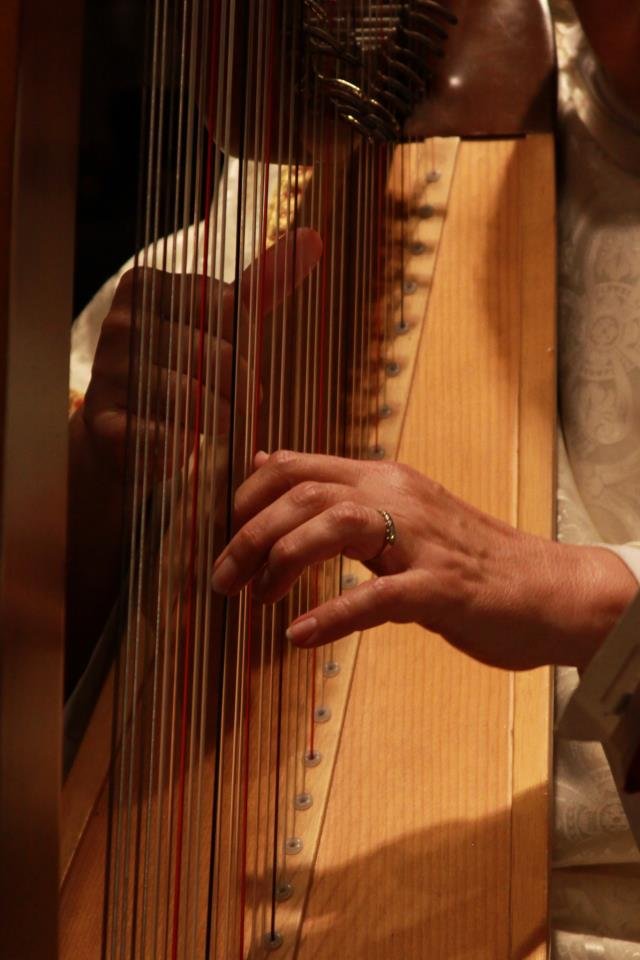Parker Palmer: Seeking Sanctuary in Our Own Sacred Spaces
“Sanctuary is wherever I find safe space to regain my bearings, reclaim my soul, heal my wounds, and return to the world as a wounded healer. It’s not merely about finding shelter from the storm; it’s about spiritual survival. Today, seeking sanctuary is no more optional for me than church attendance was as a child.”—Parker Palmer, “Seeking Sanctuary in Our Own Sacred Spaces” in “On Being with Krista Tippett” (9/14/2016).
by the mattaponi and york rivers, a sanctuary
Our news has been full of churches, towns, and cities providing sanctuary for new and old immigrants from Ukraine, Afghanistan, and Central and South America, as well as undocumented immigrants facing possible deportation—dreamers, many of whom have been working, living, and raising families in our country for years. They sought a better life for themselves and their families and feared losing everything sacred.
Many who come for spiritual direction seek a sanctuary for their sacred spaces, a chance to revive a spiritual life that once had been vibrant but now may seem lost. They had decided to live boldly and follow a road less traveled, but they have come to a spiritual fork in the road, or perhaps a dead end. They fear they have lost the spiritual life they once had. They are now on a path that seems uncharted.
Our ministry as spiritual friends is to be a sanctuary for the souls of those who seek our trust and guidance, especially when they feel isolated from their connection with God. It can be a lonely time. We must treat this precious part of all people as sacred, that presence of God within each of us that sometimes is nearly undetectable.
We must never lose sight of the privilege or awesomeness of being asked to care for another’s soul, especially at a vulnerable time in their lives. This is a holy trust, a rare chance to make a difference—just as our churches in the past were and will remain places of sanctuary in the future.
The red doors of some of our churches are an ancient sign of sanctuary within. When we meet with a spiritual friend, may we imagine sitting together within the protection of red doors? We are called to relate to other seekers who need sanctuary at this time of their lives—in prayer and in person—remembering that we are all seekers, and we, too, are on an undocumented, uncharted path.
We hope that we will have the courage to stand, sit, sleep, work, eat, and pray beside all who need sanctuary within the red doors of our churches, as well as within our minds and hearts. Sanctuary is vital during this time when so many parts of our being, including our churches, are still in conflict.
We are called to find a place of sanctuary where our soul is renewed, a chair by the window in our home, a bench outside, a bank by a river or ocean.
We are also called to be a sanctuary for those who are homebound, with visits, cards, phone calls, and food.
May we also be ready to give sanctuary to those fleeing their homes in Afghanistan, Ukraine, and our southern neighbors.
Joanna joannaseibert.com https://www.joannaseibert.com/



